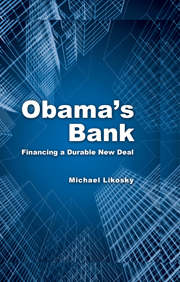11 - Emancipation
Published online by Cambridge University Press: 05 June 2012
Summary
Introduction
In the previous chapters, we looked at institutions such as infrastructure banks and policy instruments like partnerships that aim to promote durable equitable growth. In foreign affairs, public-private partnerships (P3s) emerged as a response to the excesses of colonial-era concessionary agreements, often referred to as the unequal treaty system. This chapter focuses on the need to see partnerships themselves as diverse. The aim is also to focus on some of the difficulties countries have faced in using P3s to promote development and to remedy power imbalances. Despite sector-based differences, the next two chapters show how P3 contracts function similarly across infrastructure, oil, and metal minerals – the common contractual task of recouping up-front investments through incremental fees attached to extracting crude oil or road user tolls.
During colonialism, most contracts or treaties entered into between colonial enterprises and local societies dictated terms that are repugnant to modern sensibilities. Colonial companies often claimed open-ended rights to natural resources. At times, agreements ran without a stipulated end. A contract might have claimed a right to all resources, discovered or not, throughout the entire country. Moreover, the value of extracted oil, gas, or minerals was largely claimed by the overseas power on its own, and it rarely shared these resources. Thus, partnership agreements arose out of an effort to revisit these agreements, often extinguishing them and creating new contracts, in order to redress imbalance. What emerged were public-private partnerships.
- Type
- Chapter
- Information
- Obama's BankFinancing a Durable New Deal, pp. 251 - 286Publisher: Cambridge University PressPrint publication year: 2010



